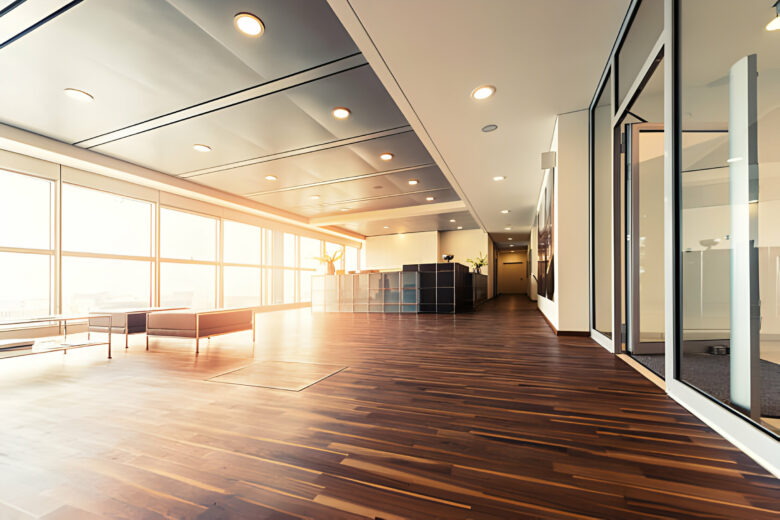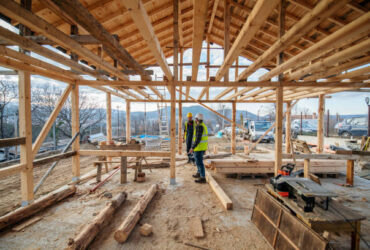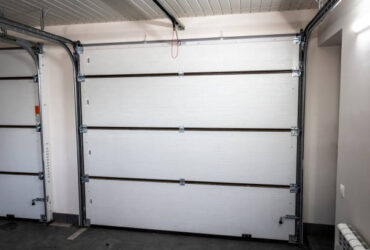When it comes to revamping or installing new flooring in a business setting, commercial flooring installation can significantly influence the ambiance, functionality, and overall perception of your commercial space. Whether it’s an office, retail store, or any other type of business area, ensuring the flooring installation process is done correctly is crucial. However, several common mistakes can occur during this process, leading to unnecessary expenses, delays, and dissatisfaction. Below, we will explore some of these pitfalls and provide advice on how to avoid them, ensuring a smooth and successful commercial flooring installation.
Not Properly Preparing the Subfloor
One of the most critical yet frequently overlooked steps in commercial flooring installation is the preparation of the subfloor. The subfloor needs to be clean, level, and dry before the new flooring is installed. Any cracks, moisture, or unevenness can lead to significant issues down the line, such as warping or bubbling of the flooring material. Taking the time to address these issues beforehand can save you from costly repairs and replacement in the future.
Choosing the Wrong Flooring Material
Selecting the appropriate flooring material for your commercial space is another crucial decision that should not be taken lightly. Factors such as foot traffic, moisture levels, maintenance requirements, and overall aesthetic should all be considered when making this choice. For instance, a high-traffic retail space may benefit from durable materials like vinyl or laminate, whereas a high-end hotel lobby might opt for the elegance of natural stone or hardwood. Making an informed decision based on your specific needs and circumstances is essential to avoid dissatisfaction or the need for premature replacement.
Underestimating the Importance of Professional Installation
Attempting to save costs by opting for DIY or hiring non-specialists for your commercial flooring installation can be a misguided decision. Professional installers possess the necessary skills, experience, and tools to ensure that your flooring is installed correctly and efficiently. They can also foresee potential issues and address them before they become problematic. Investing in professional installation services can prevent mistakes that might lead to higher costs in repairs or even complete reinstallation.
Skipping Moisture Testing
Moisture can be a significant enemy of many flooring types, especially in commercial settings where there is a higher likelihood of spills or where the subfloor may be prone to dampness. Conducting a moisture test before installation is crucial to determine if any special measures need to be taken to mitigate moisture issues. Failing to address moisture can lead to mold growth, damage to the flooring material, and a host of other issues that could significantly impact the longevity and appearance of your commercial flooring.
Ignoring Manufacturer’s Guidelines
Every flooring material comes with a set of manufacturer’s guidelines that detail the specific requirements for installation, such as acclimatization periods, adhesive usage, and acceptable subfloor conditions. Ignoring these guidelines can lead to improper installation, which might nullify warranties and result in problems with the flooring over time. It is essential to follow these guidelines closely or ensure that your professional installers do so.
Conclusion
Commercial flooring installation is an investment in the appeal and functionality of your business space. By avoiding these common mistakes, you can ensure a successful installation that meets your aesthetic and practical needs. Proper subfloor preparation, selecting the right material, opting for professional installation, conducting moisture testing, and adhering to manufacturer’s guidelines are all crucial steps in this process. Taking the time to get these steps right will save you time, money, and frustration, resulting in a commercial space that looks great and performs well for years to come. Keep these pitfalls in mind, and your commercial flooring project is sure to be a smooth and rewarding endeavor.













